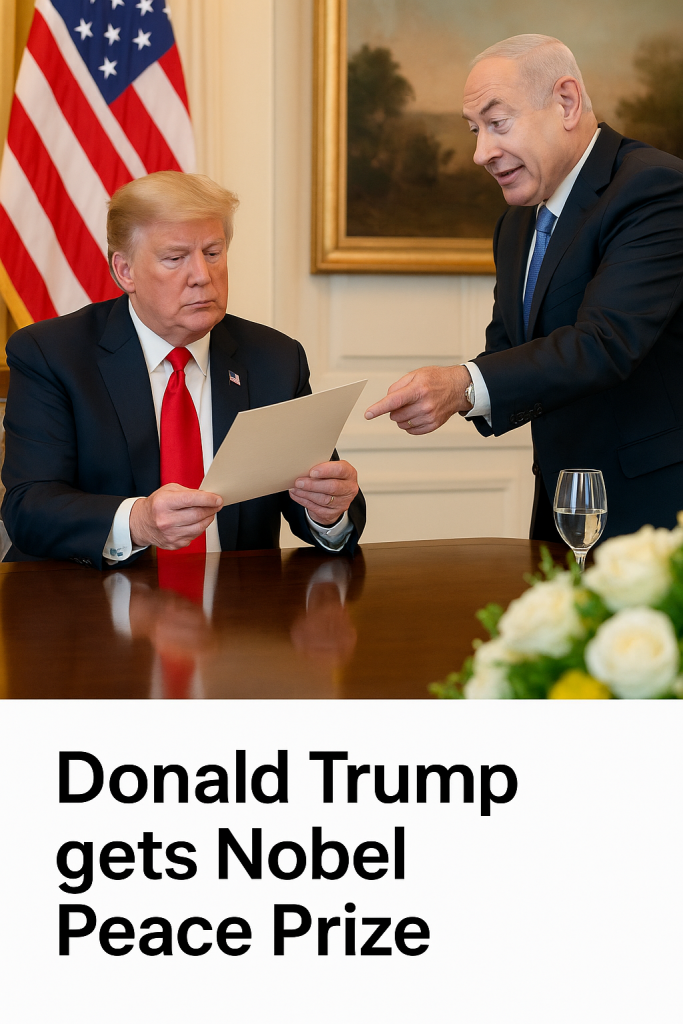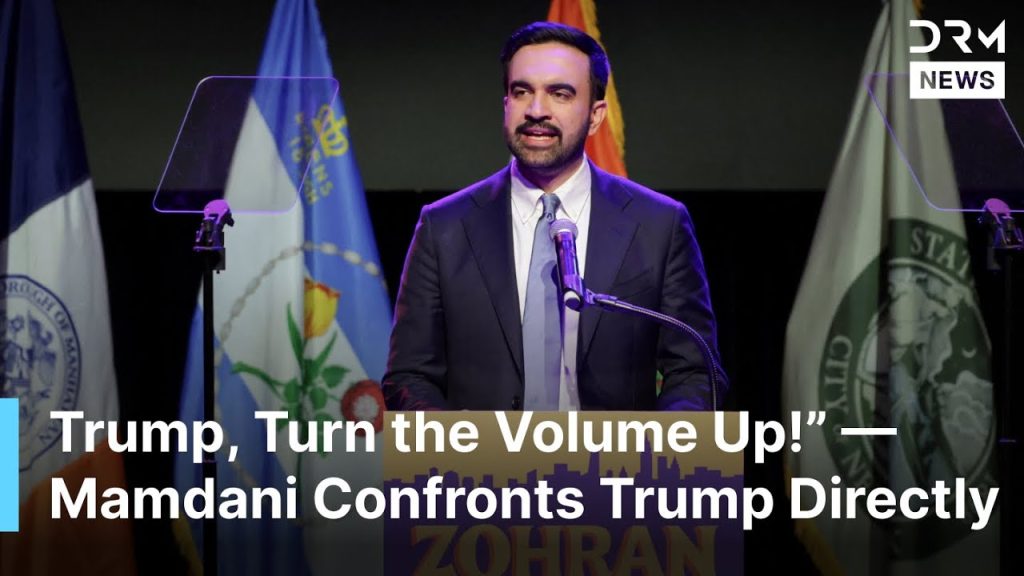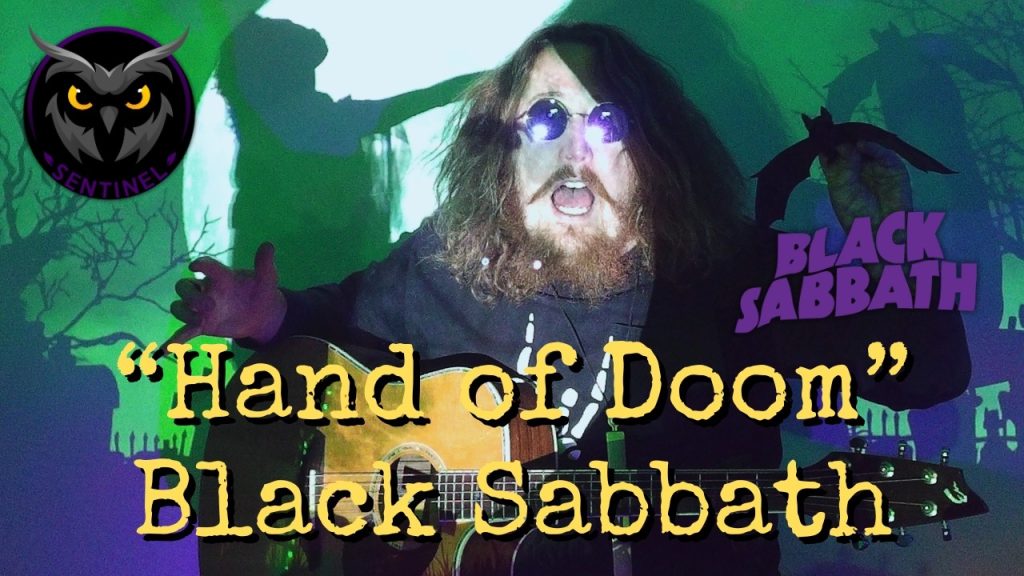In a surprising and widely discussed move, Israeli Prime Minister Benjamin Netanyahu has formally nominated former U.S. President Donald Trump for the 2024 Nobel Peace Prize. The nomination follows a high-profile dinner held at the White House earlier this month, where both leaders discussed their shared vision for Middle East peace and strengthened U.S.-Israeli relations.
The nomination was officially submitted shortly after the meeting, a gesture Netanyahu described as recognition of Trump’s efforts to broker peace agreements and reshape diplomatic relations in the region. Among the accomplishments cited were the Abraham Accords, which facilitated normalization agreements between Israel and several Arab nations, and Trump’s administration’s staunch support of Israel, including moving the U.S. embassy to Jerusalem.
Why Netanyahu Nominated Trump
Speaking about the nomination, Netanyahu emphasized Trump’s “bold leadership” and credited him with breaking decades of diplomatic stalemate in the Middle East. “President Trump’s courage to challenge the status quo and his commitment to peace deserve this honor,” Netanyahu said in a statement. The Prime Minister highlighted how the Abraham Accords marked “a historic breakthrough,” fostering new alliances and reducing tensions in a traditionally volatile region.
Throughout Trump’s presidency, his policies clearly favored close ties with Israel, a stance that earned him enduring support within the country’s political establishment. Netanyahu’s nomination signals political gratitude and the belief that Trump’s initiatives laid critical groundwork for sustained regional peace.
The Controversy and Opposition
Despite Netanyahu’s praise, the nomination has ignited intense debate worldwide. Critics argue that Trump’s nomination is premature and fails to recognize ongoing conflicts and controversies during his tenure. Many point out that while the Abraham Accords were a diplomatic milestone, they did not resolve the core Israeli-Palestinian conflict or end violence in the region.
Opponents also note that Trump’s approach to peace was often unilateral and heavily skewed toward Israeli interests, alienating Palestinians and other key stakeholders. Some human rights advocates and international observers highlight that peace talks largely stalled and that Trump’s policies contributed to heightened tensions in other areas, including Iran and Syria.
Furthermore, Trump’s overall tumultuous record on international diplomacy — including strained alliances, trade wars, and withdrawals from key treaties — has fueled skepticism about the merit of his nomination. Many commentators argue that the Nobel Peace Prize should reflect efforts that bring long-lasting peace and reconciliation, not actions seen as politically motivated or one-sided.
What’s Next?
The Nobel Committee, known for its impartial and rigorous selection process, has not yet commented on the nomination. Historically, the committee evaluates nominations over several months before making a decision in October. Nominations from world leaders are common, and many do not result in awards.
As the nomination garners global attention, discussions about what qualifies as meaningful peace-building efforts are sure to intensify. Trump’s supporters celebrate the nod as deserved recognition of his unique contributions to Middle East diplomacy, while critics warn that awarding him could undermine the integrity of the Nobel Peace Prize itself.
Regardless of the outcome, Netanyahu’s nomination of Donald Trump vividly illuminates the ongoing complexities and contentious debates surrounding peace efforts in one of the world’s most challenging geopolitical regions.



